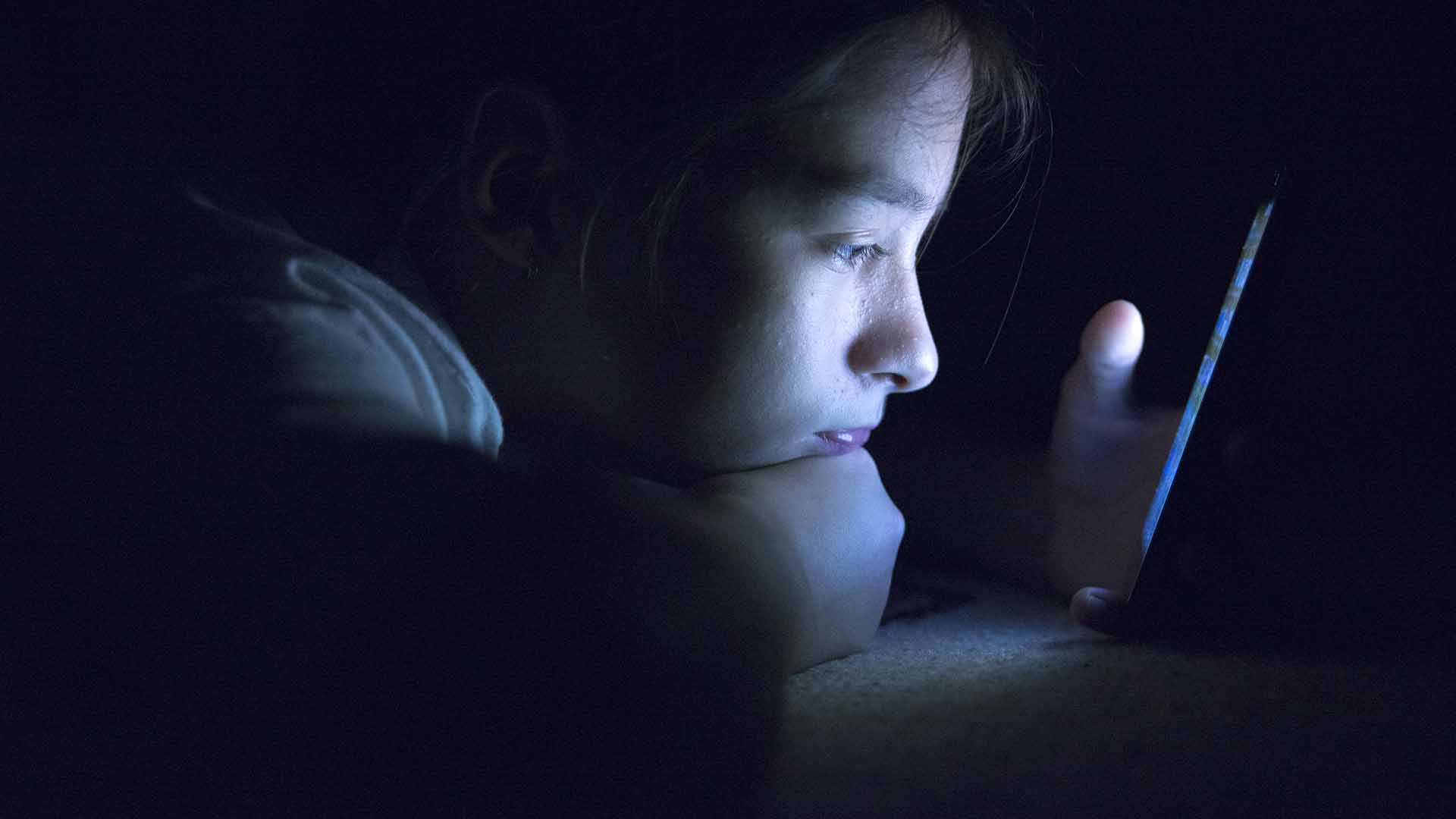-
Why did you decide to start a health blog?
The first thing that prompted me to blog was a patient whose experience was so horrific I still cross my legs and squint at the memory. She had been for a Brazilian wax that had gone terribly wrong. Treating her with antibiotics and dressings was one thing but when I tried to report the beautician, I discovered that there’s very little protection for consumers under state-based legislation. I decided to blog out my frustration for my patient and warn my then two or three readers about the dangers of an undercooked beautician!
How do you decide what health topics to cover in your blog?
I want to combine the compassion, understanding and hard-to-find answers of the pseudoscientific websites with the solid, scientific, dependable, evidence-based medicine of the more conventional ones.
Are there particular health topics that get consistently high engagement with your readers?
Apart from face to face contact with my patients, I receive questions through my website along with That’s Life, Women’s Health and Practical Parenting magazines. Feedback from our Sunrise and The Morning Show viewers also help give me a good sense of what people are interested in. They ask a lot about issues facing mothers like breast, bottle and dummy-addicted kids, little night owls and of course tiredness.
In your opinion, what are the biggest future health issues facing Australia?
We have the growing burden of chronic diseases like heart disease and diabetes, as well as obesity and malnutrition among some Aussies. But we are also seeing the rising phenomenon of the ‘worried well’. These are people who are absolutely healthy on paper but feel a range of first world complaints such as bloating, fatigue and headaches. Conventional medicine is often failing these people. Probably as a result, Australians are spending close to $5 billion on complementary therapies.
How has digital publishing and the internet influenced the way we access health information?
This is the era of empowerment of the people. It gives every one of us (doctors included) better access to information of all shades and colours. Given that higher health literacy is linked to better health outcomes, you’ve got to love these opportunities for wellness. But there’s a whole heap of bunk out there, too. It’s a double-edged sword….
What are your top three tips for people to live for better health?
1. Get to sleep. I know you’re busy but make scheduling enough sleep your top priority
2. Get out of your four walls and go for a walk. Get into your local community, get some sunshine on your face, meet up with a friend and have fun while you’re getting active
3. Laugh. Life will throw you lots of opportunities to mumble and groan. Grab every prospect of a smile and giggle with both hands and milk it for all it’s worth.
Visit Dr Ginn's blog at drginni.com.au
Health blogger - Dr Ginni

-
The link between stress, anxiety and jaw pain
Physiotherapist Michael Chan explains how stress and anxiety can cause jaw pain, and how to help get some relief.
-
When you can't sleep next to your partner
You love everything about them – except their sleep habits.
-
The 7 best sleep apps
7 apps for deep restorative sleep
-
5 ways to relieve stress
Discover 5 easy stress-relief techniques to calm your mind and body. Try exercise, breathing, outdoor time, positive self-talk, and more for a balanced life.
-
The psychology of why travel is so good for you
Travel can challenge us, spark our creativity and refresh our headspace. Here's why you should start dreaming up your next adventure.
-
Are you getting too much blue light exposure?
Vision Eye Institute ophthalmologist Dr Lei Liu explains.
Subscribe to receive the best from Live Better every week. Healthy recipes, exercise tips and activities, offers and promotions – everything to help you eat, move and feel better.
By clicking sign up I understand and agree to Medibank's privacy policy

.jpg)




